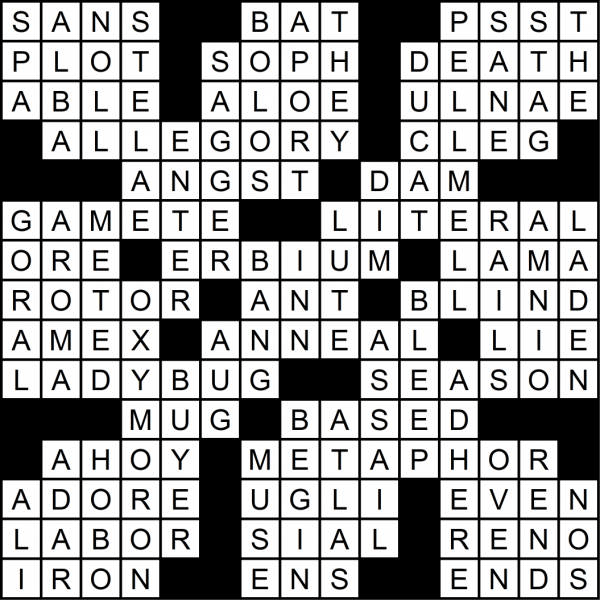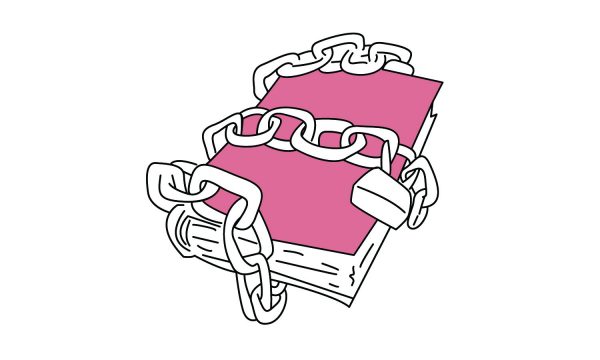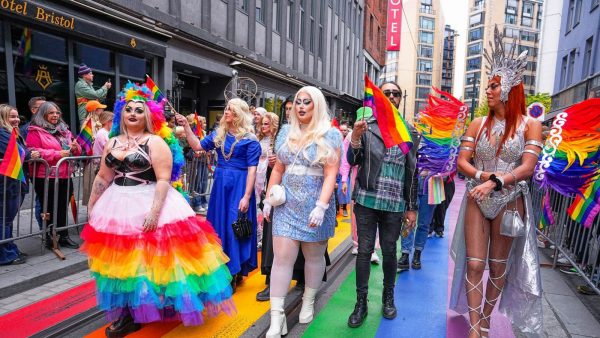In less than 200 pages, J.K. Stein’s memoir will break your heart. Inspired to tell her story after the #MeToo movement took the internet by storm, she gives readers a painfully truthful journey through a world dominated by powerful men who get away with some absolutely disgusting acts, some of which are viscerally described in the form of her journal entries. The worst part of this book is coming to the end and remembering that the story isn’t fictional.
Stein’s raw journal entries give breathtakingly real insight into thought processes more common than we’re usually comfortable admitting to as women including self-esteem issues and eating disorders, not to mention the choices we sometimes make in relation to the opposite sex. Not that she makes the conversation any easier to have, but she does demonstrate immeasurable courage simply by sharing her experiences.
Stein compiled her journal entries after the Harvey Weinstein scandals began coming out, and the memoir is both a work of art and her own personal response to the social movement that has healed her to share in writing.
The book opens with an introduction that explains the structure of both the memoir itself and the social movement it responds to. As a young college student, J, the main character, meets the director at a coffee shop. He tells her that he will make her a movie star, and like any young woman full of aspirations, she agrees to meet with him. She details the meetings and texts in clear prose along with her thoughts and fears. The events of these meetings are revoltingly uncomfortable. Physically purging her meals is one of the main ways she deals with her self-disgust and insecurities. She goes on to get a boyfriend of middle class who treats her just as badly. She finally addresses her past with a therapist who gives her the support she deserves.
While I don’t recommend that light-hearted readers pick up this book, it’s an important addition to the movement and a wonderful example of how writing can help people through trauma.
The name of the director, which is carefully left out, will pervade your curiosity – the more you read about the awful things that come out of his mouth, the more stupefied you’ll be. My only hint for curious readers here is to follow Stein on her twitter and keep up with the movement.
But really, even without knowing names, the director (the antagonist of the story) isn’t the only bad guy. Stein’s story also includes a boyfriend who bullies her too. Though this subplot is admittedly unrealized, it’s important to note because #MeToo is a movement that aims to bring awareness to a cultural issue that permeates all classes.
Though her intro and epilogue makes it clear she’s made a large effort to grow inspite of the traumas she describes in her book through her journal, the simple fact that she’s published her story begs a more important question: What will the men in this society do to change?











Be First to Comment